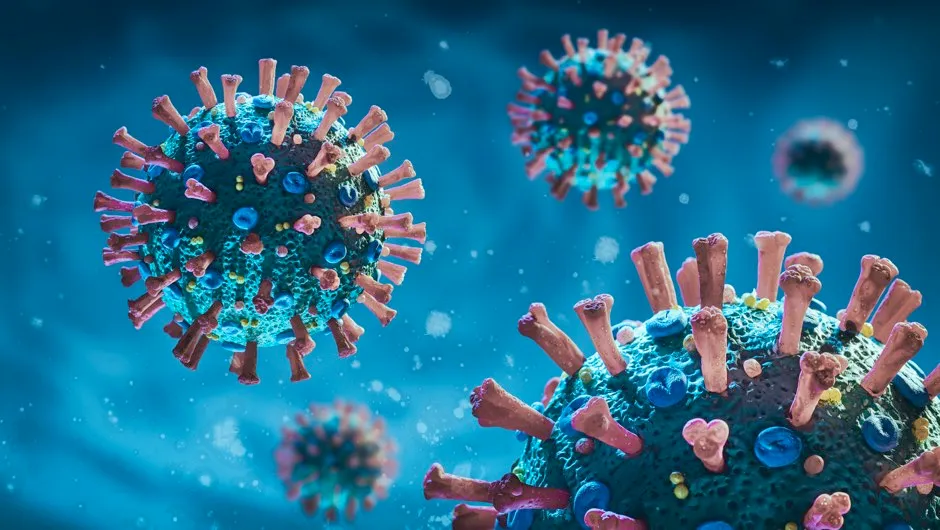A vaccine could train the immune system to fight coronavirus, according to US scientists.
Neutralising antibodies have been found in the first eight people who took part in safety trials for the experimental mRNA-1273 vaccine.
The drug, being tested by firm Moderna, injects a small sample of COVID-19’s genetic code into patients.
The amount is enough to encourage a response from the immune system and the trials are expected to be rolled out more widely in the summer.
Read the latest coronavirus vaccine developments:
- Oxford coronavirus trials: here's what we know so far about the COVID-19 vaccine
- Coronavirus vaccine: could genetic material help defeat COVID-19?
- All vaccines are ‘long shots’ and search for coronavirus jab will be no different, government science advisor warns
Tal Zaks, chief medical officer at Moderna, said: “These interim Phase 1 data, while early, demonstrate that vaccination with mRNA-1273 elicits an immune response of the magnitude caused by natural infection starting with a dose as low as 25 micrograms.”
He added: “These data substantiate our belief that mRNA-1273 has the potential to prevent COVID-19 disease and advance our ability to select a dose for pivotal trials.”
The sentiments were echoed by CEO Stéphane Bancel, who added: “With today’s positive interim Phase 1 data and the positive data in the mouse challenge model, the Moderna team continues to focus on moving as fast as safely possible to start our pivotal Phase 3 study in July.”

Professor Robin Shattock, Professor of Mucosal Infection and Immunity, Imperial College London, called the early results “encouraging”.
He added: “While it will be important to scrutinise the actual data, the reported findings are in line with expectations that vaccine candidates should provide levels of neutralising antibodies that are at least equivalent to convalescent subjects.
“This is a promising start, but efficacy data will be key followed by an ability to scale in a manner that provides global access should this vaccine be successful.”
How do scientists develop vaccines for new viruses?
Vaccines work by fooling our bodies into thinking that we’ve been infected by a virus. Our body mounts an immune response, and builds a memory of that virus which will enable us to fight it in the future.
Viruses and the immune system interact in complex ways, so there are many different approaches to developing an effective vaccine. The two most common types are inactivated vaccines (which use harmless viruses that have been ‘killed’, but which still activate the immune system), and attenuated vaccines (which use live viruses that have been modified so that they trigger an immune response without causing us harm).
A more recent development is recombinant vaccines, which involve genetically engineering a less harmful virus so that it includes a small part of the target virus. Our body launches an immune response to the carrier virus, but also to the target virus.
Over the past few years, this approach has been used to develop a vaccine (called rVSV-ZEBOV) against theEbola virus. It consists of a vesicular stomatitis animal virus (which causes flu-like symptoms in humans), engineered to have an outer protein of the Zaire strain of Ebola.
Vaccines go through a huge amount of testing to check that they are safe and effective, whether there are any side effects, and what dosage levels are suitable. It usually takes years before a vaccine is commercially available.
Sometimes this is too long, and the new Ebola vaccine is being administered under ‘compassionate use’ terms: it has yet to complete all its formal testing and paperwork, but has been shown to be safe and effective. Something similar may be possible if one of the many groups around the world working on a vaccine for the new strain ofcoronavirus(SARS-CoV-2) is successful.
Read more:
